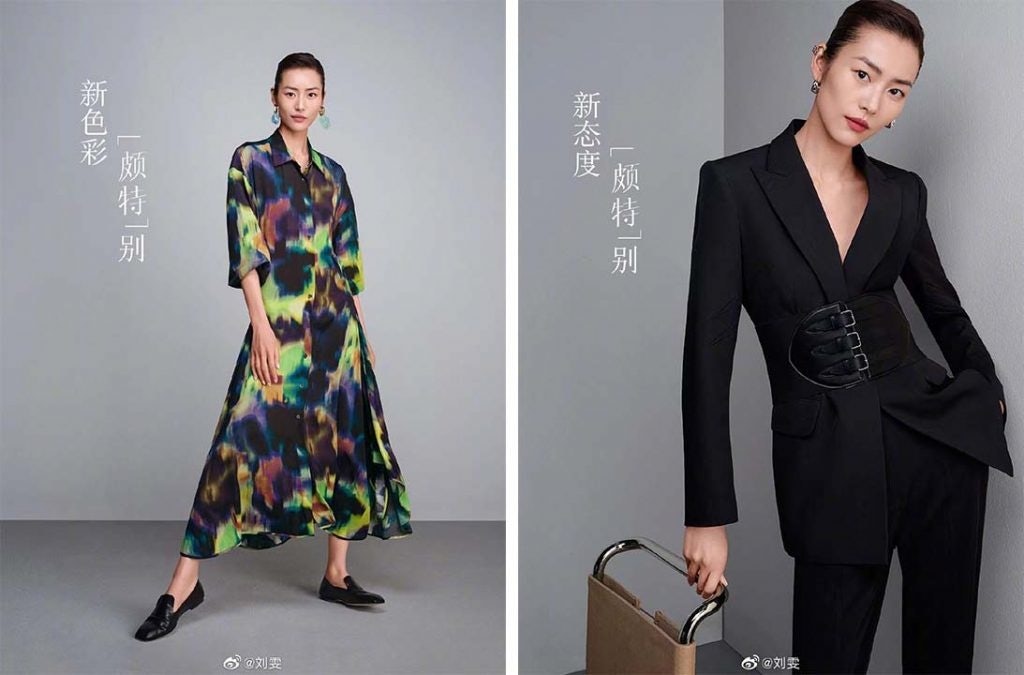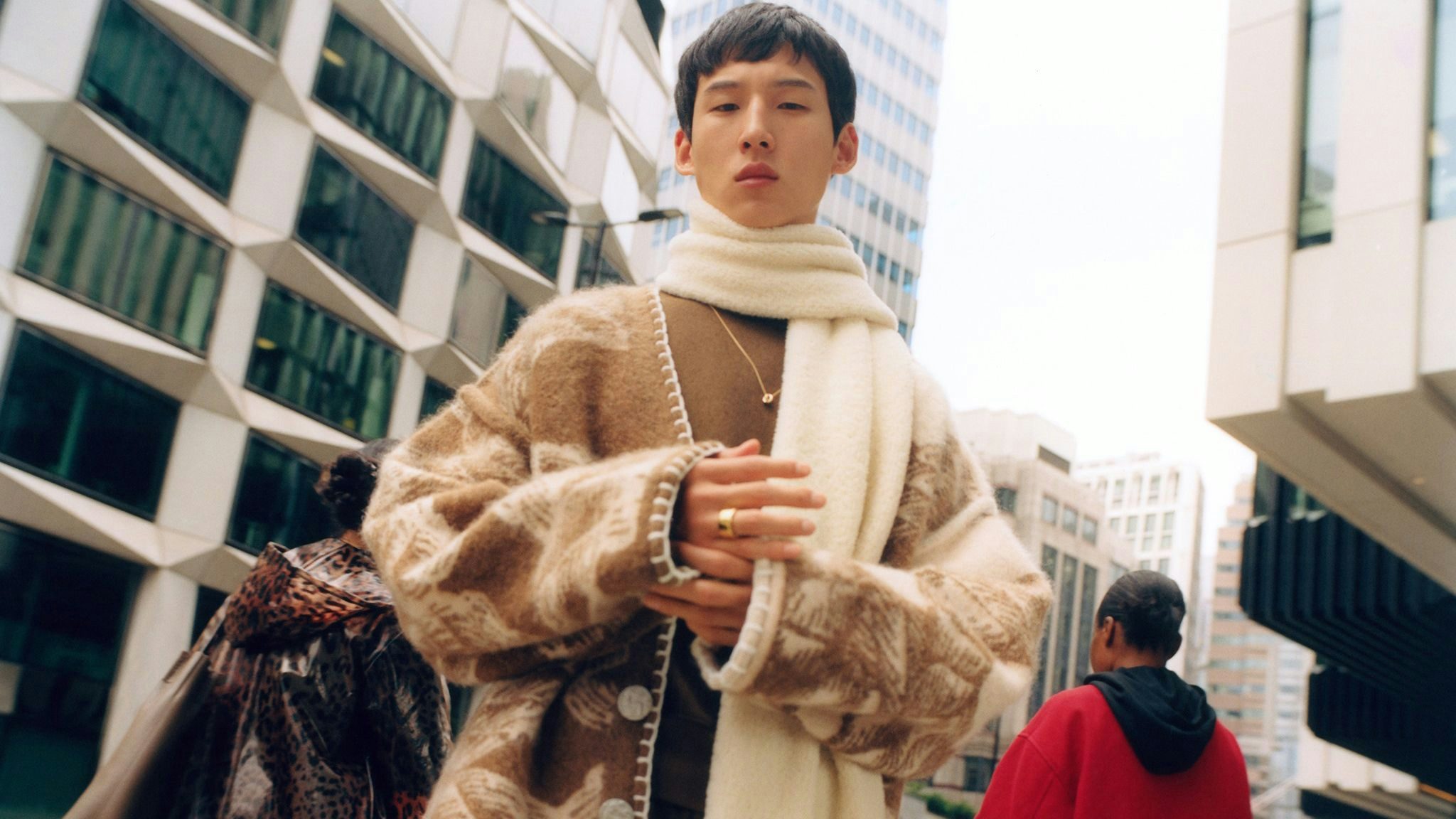What happened
On May 4, Net-a-Porter, the luxury e-commerce platform, announced that Chinese supermodel Liu Wen, who enjoys 26.1 million followers on Weibo and works with the likes of Chanel, Gucci, and Tods, is now its China ambassador. In an interview with Jing Daily, Net-a-Porter said: “Liu Wen perfectly fits with Net-a-Porter's ethos. And the collaboration is a demonstration of Net-a-Porter's commitment to representing the power of women’s diversity.”
At the same time, the site unveiled its new Chinese name, “Po Te” (“颇特”) — individually the characters mean “plenty” and “special.” Net-a-Porter also partnered with Tmall Digital Collectibles to launch its “Infinite New Possibility” Net-a-Porter galaxy project. The initiative allows 6,000 participants to creatively build their own Net-a-Porter galaxy NFTs; already invited are Liu Wen, as well as four homegrown designers Samuel Gui Yang, Windowsen, Rui, and Shushu/Tong.

The Jing Take
Here, Net-a-Porter is banking on an undisputed star. As a globally renowned supermodel and style icon, the former Victoria’s Secret Angel has established a solid reputation in China’s upscale fashion market. Her looks are often copied by local shoppers and quickly sell out in stores. She could also provide targeted traffic to Net-a-Porter from well-off fashionistas not afraid of trying new designer brands.
As data shows that the traditional, offline-based luxury retail landscape may drastically change over the next few years, Net-a-Porter will need all the help it can get. Last month, the 2021 China Luxury Digital Report released by Yaok Research Institute pointed out that in 2022 online sales are forecasted to exceed 34.6 billion (220 billion RMB), meaning that they will account for more than 30 percent of the total luxury goods sales in China.
Undoubtedly, opportunities will increase for digital players like Net-a-Porter, but so will competition. From Farfetch to SSENSE, which has been present in the mainland market for over half a decade, and LUISAVIAROMA, with more than a decade of experience in the country, the three-year-old Net-a-Porter is still a relative novice in China.
As such, moving into the metaverse could be another stealth move. As the first international luxury e-commerce to pioneer the nascent space of China’s metaverse, it has the advantage to be the first to capitalize on local Web3-native consumers and turn them into a loyal clientele. The move will undoubtedly open up a new era for multi brand e-retailers and unlock fresh collaboration modalities with brands — further reshaping the retail game.
If well-executed, Net-a-Porter could carve out a slice of China’s 8 trillion Web3 market for itself and finally reach profitability. Given this, Net-a-Porter would be smart to run with this opportunity before other rivals join this potential lucrative space.
The Jing Take reports on a piece of the leading news and presents our editorial team’s analysis of the key implications for the luxury industry. In the recurring column, we analyze everything from product drops and mergers to heated debate sprouting on Chinese social media.


